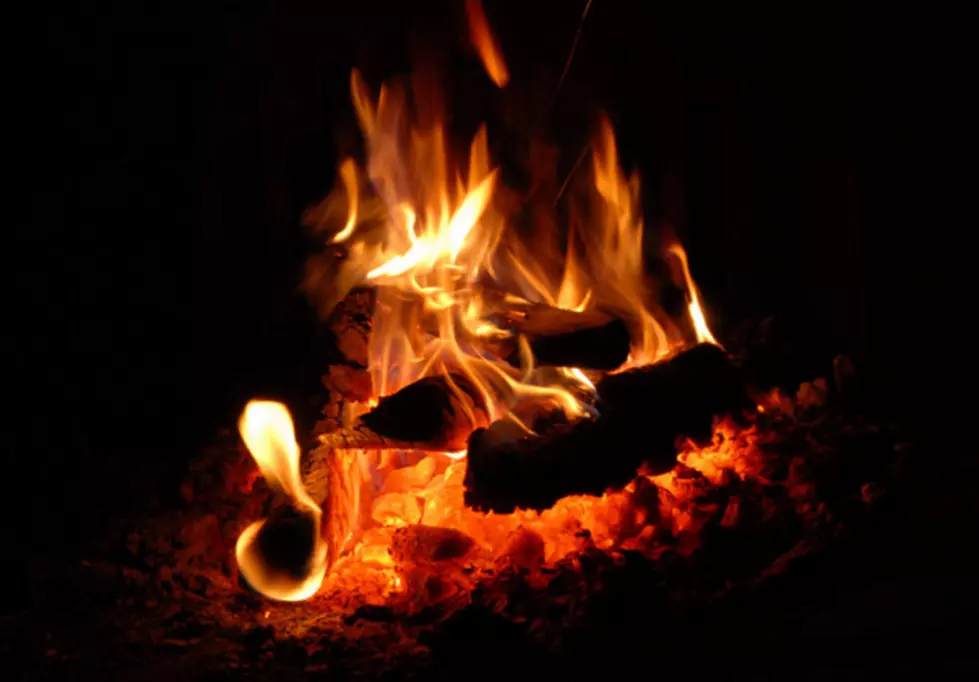
Body Donations on the Rise at U.S. Medical Schools
My niece attended Mayo Medical School and worked on cadavers there, which led me to think about making a body donation when I no longer need this vessel for my soul.
I am evidently not the only person to contemplate this lasting legacy. Many U.S. medical schools are seeing a surge in the number of people leaving their bodies to science.
Medical students and researchers dissect cadavers in anatomy class or use them to practice surgical techniques or test new devices and procedures.
I did some checking and the Mayo Clinic requires a signed anatomical bequest to Mayo Clinic consent form for whole-body donation. The gift is authorized by the individual but the legal next of kin is responsible for carrying out the donor's wishes. If the next of kin are not on board with the decision, then it won't happen.
The Mayo Clinic advises donors to discuss their wishes with their families.
The Mayo Clinic says typically, studies of donated bodies are completed within six to 15 months. Mayo Clinic offers biocremation as a means of final disposition. The biocremated remains can be returned to the family or interred in the Mayo vault at Oakwood Cemetery in Rochester.
If traditional cremation or burial is the donor's wish, the donor's estate is responsible for the cost of the casket and funeral expenses.
The Mayo Clinic's anatomical bequest program does not typically accept bodies donated for specific disease research. An individual might not be eligible for whole-body donation after an organ donation. You can't be too old to donate either. Unlike most organ donation programs, age is rarely a factor in whole-body donation.
My sister attended a service at Mayo for the families of the body donors and said it was a very nice way for them to say goodbye.
If you donate your body to science care, your family will receive a certificate commemorating the planting of a tree in honor of the donor at the one-year anniversary of the donation through their participation with the Arbor Day Foundation's reforestation program.
Upon acceptance, science care covers all costs of donation, including cremation, transportation, filing of the death certificate and the return of cremated remains.
Again, next of kin should be notified of your intentions because they are the first people called when you pass away and will be asked if the donation should move forward.
More From KDHL Radio









